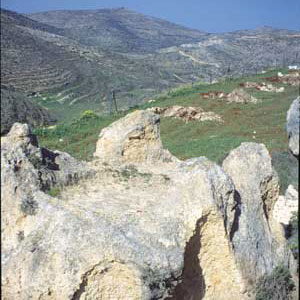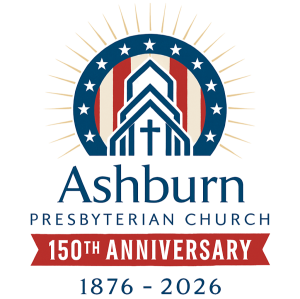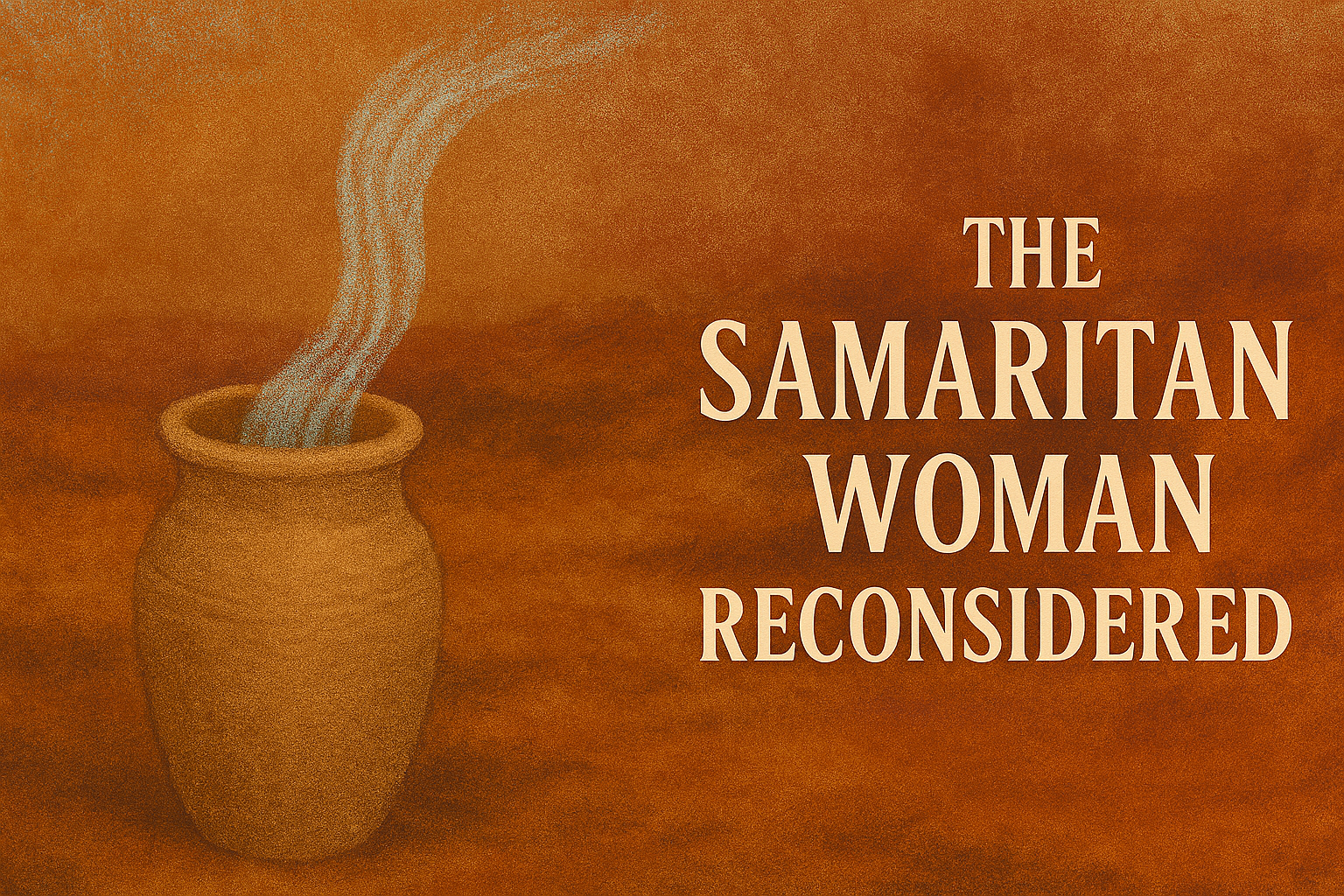
The High Places
Pastor Robert Zemke
The Friday morning men’s group is studying the life of King David. He was a man after God's own heart yet had some serious flaws, including adultery and murder. He did repent for these sins. God has provided Psalm 51 as a model of repentance and yet some might wonder why has David been so commended in the scriptures despite these serious flaws?
I read in my morning devotions about the Kings of Israel. First Kings references Jehoshaphat, the son of Asa, as doing right in the sight of the Lord yet had faults as well (though much less severe than David’s): “Jehoshaphat was thirty-five years old when he began to reign, and he reigned twenty-five years in Jerusalem…. He walked in all the way of Asa his father. He did not turn aside from it, doing what was right in the sight of the Lord. Yet the high places were not taken away, and the people still sacrificed and made offerings on the high places.” 1 Kings 22:42-43
In 2 Kings, Jehoash was also commended: “Jehoash did what was right in the eyes of the Lord all his days, because Jehoiada the priest instructed him. Nevertheless, the high places were not taken away; the people continued to sacrifice and make offerings on the high places.” 2 Kings 12:2-3
The people were right in the eyes of the Lord, except they did not get rid of the high places. The Eerdmans Bible Dictionary states that the "High Place " was a place of worship on hilltops or man-made platforms. Old Testament accounts usually associate high places with pagan religious practices. High places were a common fixture of the Canaanite religion when the Israelites entered Palestine. The ancient Near Eastern cosmology held that the earth was flat and that the gods dwelt in the heavens above. Consequently, a worship center on an elevation had a better chance of gaining their attention.
1 Kings 3:2 states that Israelites still sacrificed on high places “because there was no house (temple) built for the name of the LORD.” The problem with this is that polytheism, the worship of more than one god, had the opportunity to spread in Israelite society (1 Kings 11:6–8). Some kings attempted to eradicate the high places, but others, like those referenced above, did not.
We may have our own 'high places' as we walk with the Lord. We refuse to give up certain things even though we know the Lord may not be pleased with them. You may still be following the Lord and relying on his grace and yet allow habits that could be spiritually destructive. So, what about those high places?
A high place is something that is not the best for us spiritually. High places could lead to polytheism. Your entertainment (including watching the news – which is a form of entertainment) of choice is not necessarily bad but in what ways can it lead you away from the Lord? How can our culture that idolizes youthfulness, finances, or comfort lead you away from the Lord and develop a habit of prayerlessness? It is not easy when everyone around you is indulging in similar things. You know God and desire to follow him, yet blind spots can keep us from enjoying more of him. God has more for you in your relationship with him than you currently have. There is more joy – be aware of the high places in your life.
Myers, A. C. (1987). In The Eerdmans Bible dictionary (pp. 486–487)





